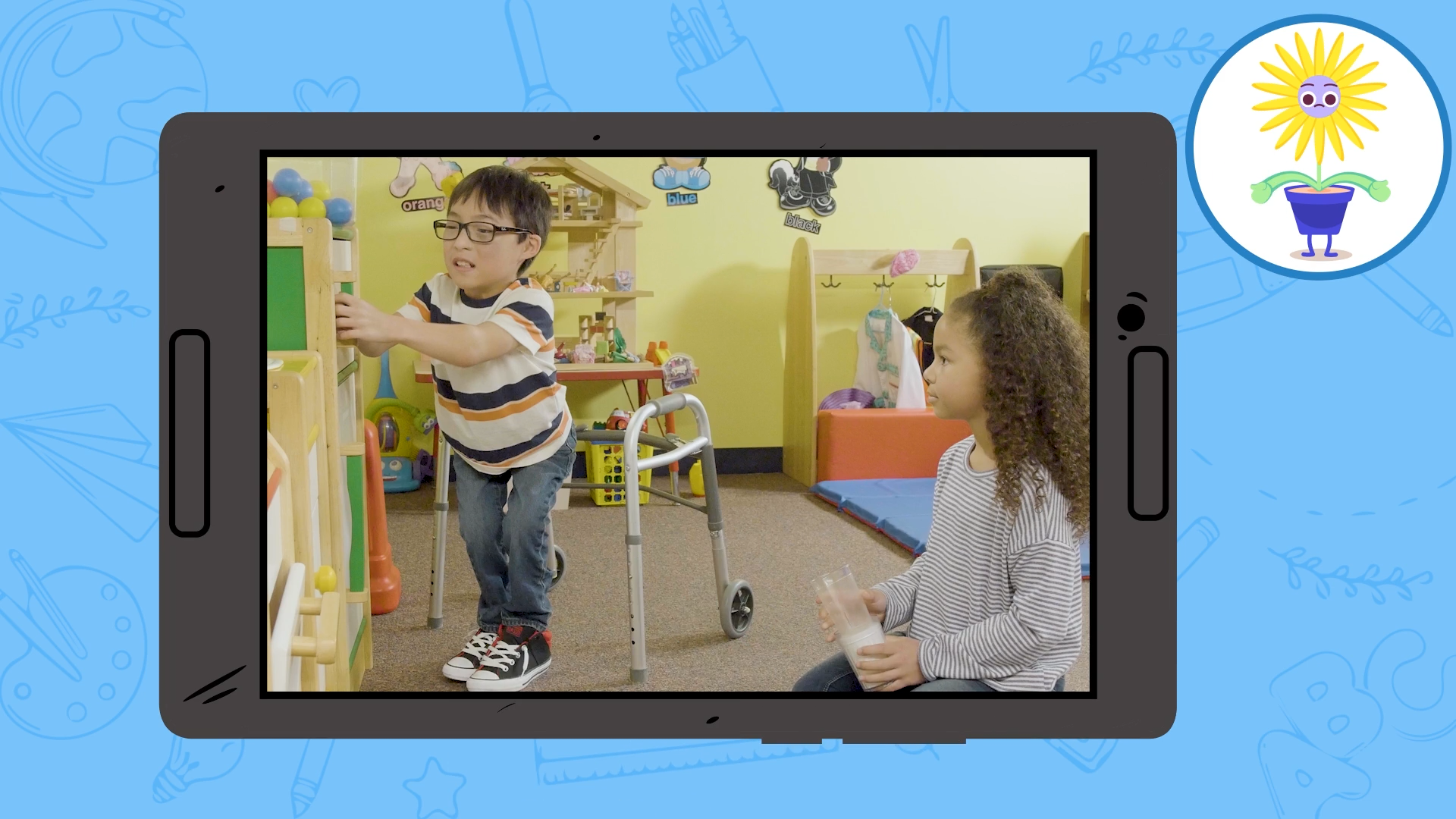
Introduction
Developing independence is an essential skill for children, especially in their early years. It helps them build self-confidence, problem-solving abilities, and resilience. As educators, it’s crucial to guide and support Kindergarten students on their journey to becoming more independent. This blog post will provide an easy-to-implement activity, discussion questions, and related skills to help you foster independence in your students.
No-Prep Activity: The Independent Helper
This simple, no-prep activity encourages students to practice independence by taking on small tasks and responsibilities. Here’s how it works:
- Choose an everyday classroom task that students can complete independently, such as tidying up a specific area or passing out materials.
- Explain the task to the class and demonstrate how to do it correctly.
- Assign one student at a time to be the “Independent Helper” responsible for completing the task without assistance from the teacher or classmates.
- After the Independent Helper has finished, provide positive reinforcement and acknowledge their effort in completing the task independently.
- Rotate the role of Independent Helper among students, allowing each child an opportunity to practice independence.
This activity not only promotes independence but also encourages a sense of responsibility and teamwork among students.
Discussion Questions
Use these questions to stimulate further discussion about independence and problem-solving:
- What are some examples of tasks you can do independently at school and at home?
- Why is it important to practice being independent?
- How does it feel when you accomplish a task independently?
- What can you do when you face a problem or challenge while trying to complete a task independently?
- How can we support our classmates in becoming more independent?
Related Skills
Building independence is just one aspect of Social-Emotional Learning. Here are some other skills that complement independence and contribute to a well-rounded development:
- Self-awareness: Understanding one’s emotions, strengths, and areas for growth is crucial for personal development.
- Decision-making: Learning to make choices independently helps students develop critical thinking and problem-solving skills.
- Self-regulation: Managing emotions and behaviors effectively is essential for maintaining focus and working independently.
- Communication: Effective communication skills enable students to express their needs, ask for help when necessary, and collaborate with others.
- Empathy: Understanding and respecting the feelings of others fosters a supportive and inclusive learning environment.
Next Steps
Now that you have some ideas and resources for teaching independence to Kindergarten students, it’s time to put them into action. To access more activities, discussions, and materials, sign up for free samples at Everyday Speech. These resources will help you continue to support your students’ Social-Emotional Learning journey and create a positive, inclusive classroom environment.

